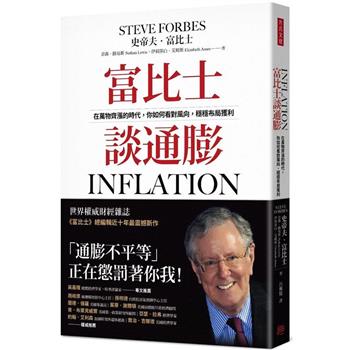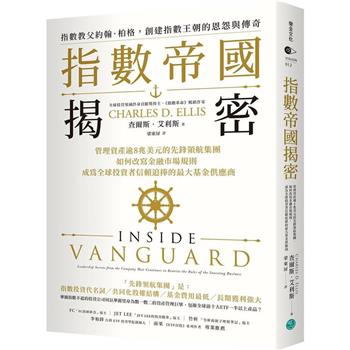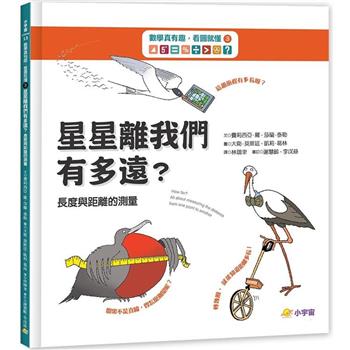Dr. Golem explores some of the mysteries and complexities of medicine while untangling the inherent conundrums of scientific research and highlighting its vagaries. In eight chapters devoted to case studies of modern medicine, Collins and Pinch consider the prevalence of tonsillectomies, the placebo effect and randomized control trials, bogus doctors, CPR, the efficacy of Vitamin C in fighting cancer, chronic fatigue syndrome, AIDS cures, and vaccination. Throughout, Collins and Pinch remind readers that medical science is an economic as well as a social consideration, encapsulated for the authors in the timeless struggle to balance the good health of the many with the good health of a few. Dr. Golem is a timely analysis of the limitations of medicine that never loses sight of its strengths.
“Collins and Pinch carefully tease out key conflicts in the way that medical knowledge is constructed and used and endeavor to show how necessarily complicated medical decision-making must be. . . . They investigate three important issues that lie at the core of medicine’s uncertainty: individual versus collective interests; medicine as a science versus a healing art; and the nature of medical expertise. . . . The authors neither jump on the critical bandwagon nor apologize for medicine’s failings, rather they show that the inherent discrepancy between the pace of medical discovery and the need for immediate succour is one that must be addressed jointly by physician and patient.”—Noah Raizman, The Lancet
“Collins and Pinch carefully tease out key conflicts in the way that medical knowledge is constructed and used and endeavor to show how necessarily complicated medical decision-making must be. . . . They investigate three important issues that lie at the core of medicine’s uncertainty: individual versus collective interests; medicine as a science versus a healing art; and the nature of medical expertise. . . . The authors neither jump on the critical bandwagon nor apologize for medicine’s failings, rather they show that the inherent discrepancy between the pace of medical discovery and the need for immediate succour is one that must be addressed jointly by physician and patient.”—Noah Raizman, The Lancet










